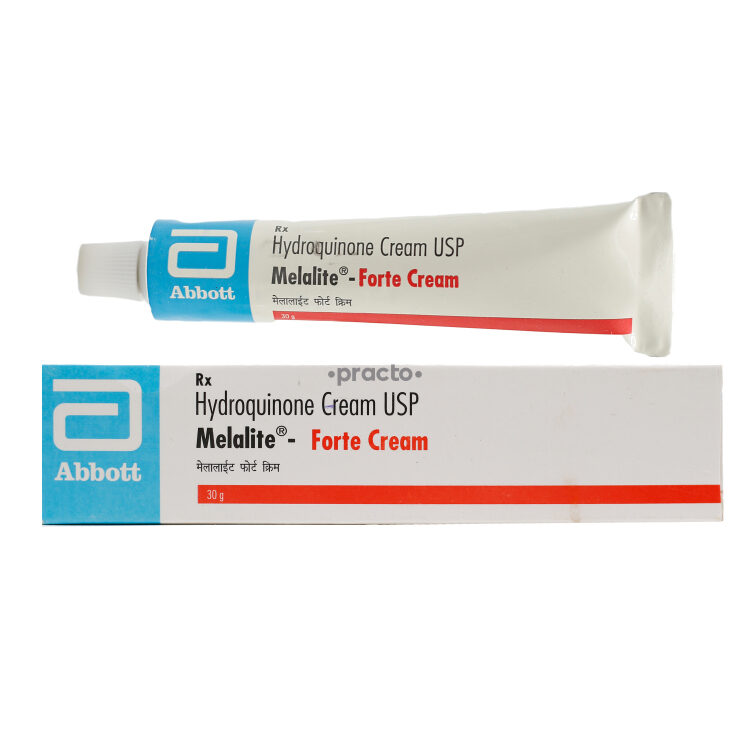Understanding the potential side effects of Melalite Cream is crucial before incorporating it into your skincare routine. This comprehensive resource provides valuable information regarding the possible reactions some users experience when using Melalite Cream, a popular skin lightening cream. We delve into the common and less common side effects, helping you make an informed decision about its suitability for your skin type and concerns. Knowing what to expect can empower you to manage any potential issues effectively and confidently. This information is intended for educational purposes and should not be considered medical advice. Always consult a dermatologist for personalized guidance.
Many users report experiencing minimal side effects with Melalite Cream. However, it’s essential to be aware of potential reactions such as mild skin irritation, redness, or dryness. These are usually temporary and resolve on their own, often within a few days of discontinuing use or reducing application frequency. Understanding the possibility of these minor side effects allows you to prepare and take appropriate steps, such as using a gentle moisturizer or contacting your dermatologist if necessary. This proactive approach ensures a safer and more comfortable experience.
More serious side effects, while less common, include allergic reactions, such as skin rashes or hives. In rare cases, some individuals may experience hyperpigmentation or hypopigmentation. These more severe reactions necessitate immediate discontinuation of the cream and consultation with a healthcare professional. This resource highlights the importance of patch testing before widespread application, a crucial step to identify potential allergies or adverse reactions early on. By prioritizing safety and seeking professional advice when needed, you can minimize risks and maximize the benefits of your skincare regimen.
This detailed exploration of Melalite Cream side effects aims to provide a clear and unbiased overview of the potential consequences of its use. By understanding the range of possible reactions, from mild irritation to more severe allergic responses, you can make informed choices regarding your skin health. Remember, this information is intended to supplement, not replace, professional medical advice. Always consult a dermatologist before starting any new skincare treatment, particularly those aimed at altering skin pigmentation. Prioritizing your skin’s well-being through informed decision-making is key to achieving healthy, radiant skin.

